Our Mission
Through capital, consulting, and advocacy, NFF boosts the collective success and power of nonprofits to advance community wealth and well-being.
Our Vision
We envision a world of shared prosperity, where communities have the capital, community assets, knowledge, and agency to thrive.
Our Work
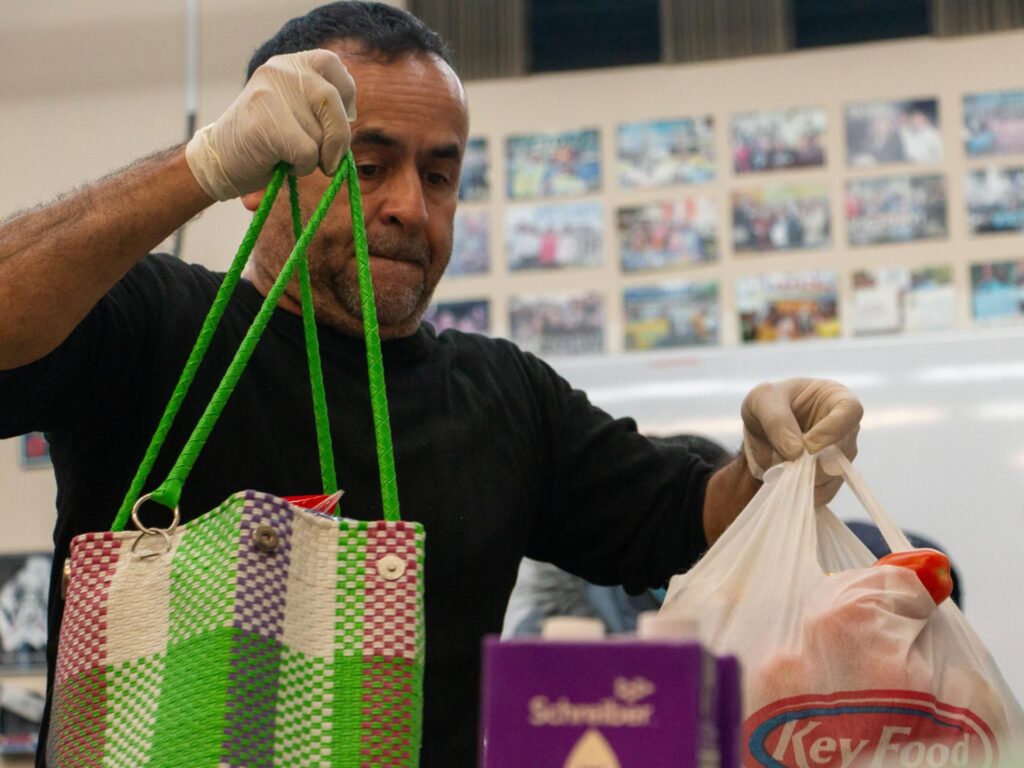
Access to Capital
We provide tailored loans, lines of credit, and tax credits to support nonprofits’ financing needs, from acquiring and renovating facilities to managing cash flow.
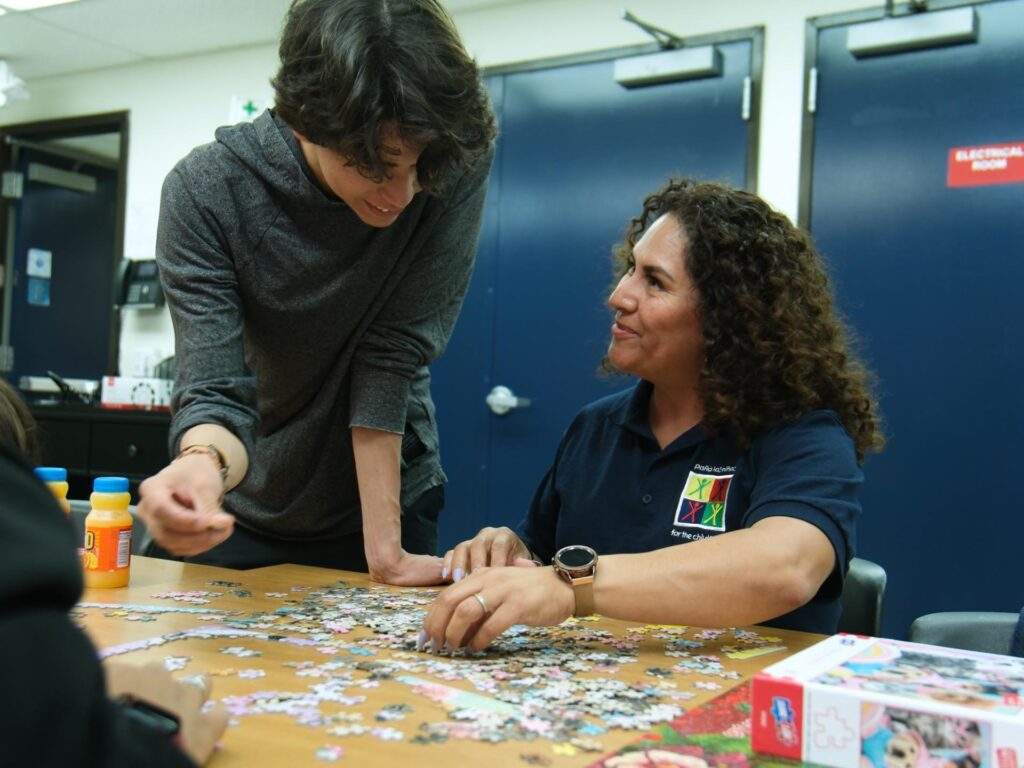
Tailored Consulting
We provide customized support, guidance, and resources that social sector leaders need to navigate financial challenges and decision-making, grow and change, and tell their financial story.
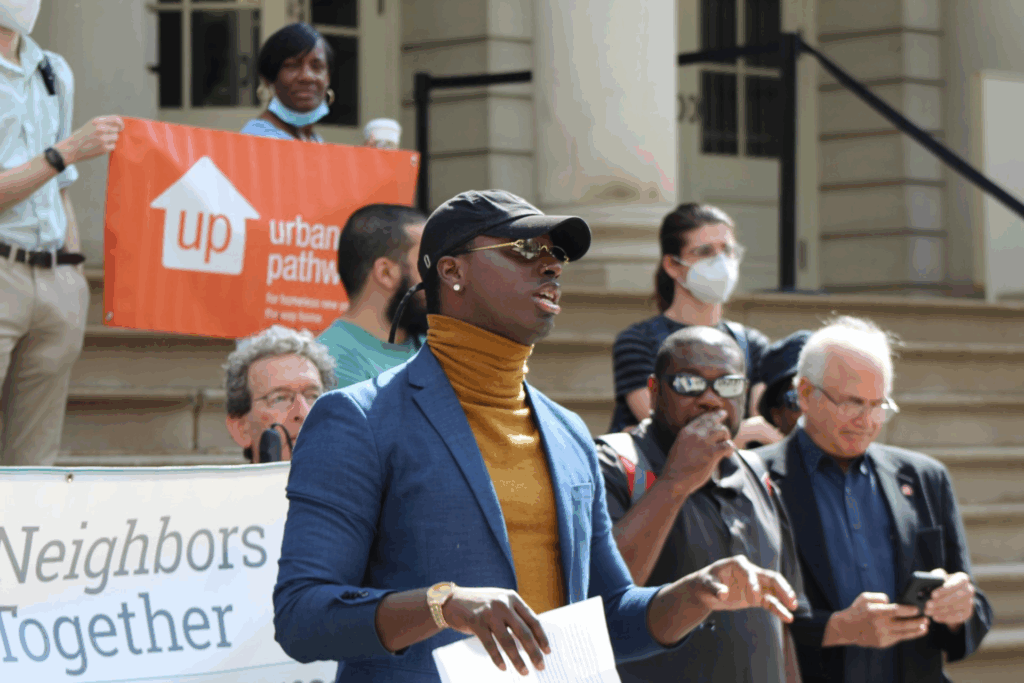
Bold Advocacy & Research
We work alongside partners to share knowledge and endorse policies that improve the way money flows through the nonprofit financial system and build a stronger social sector overall.
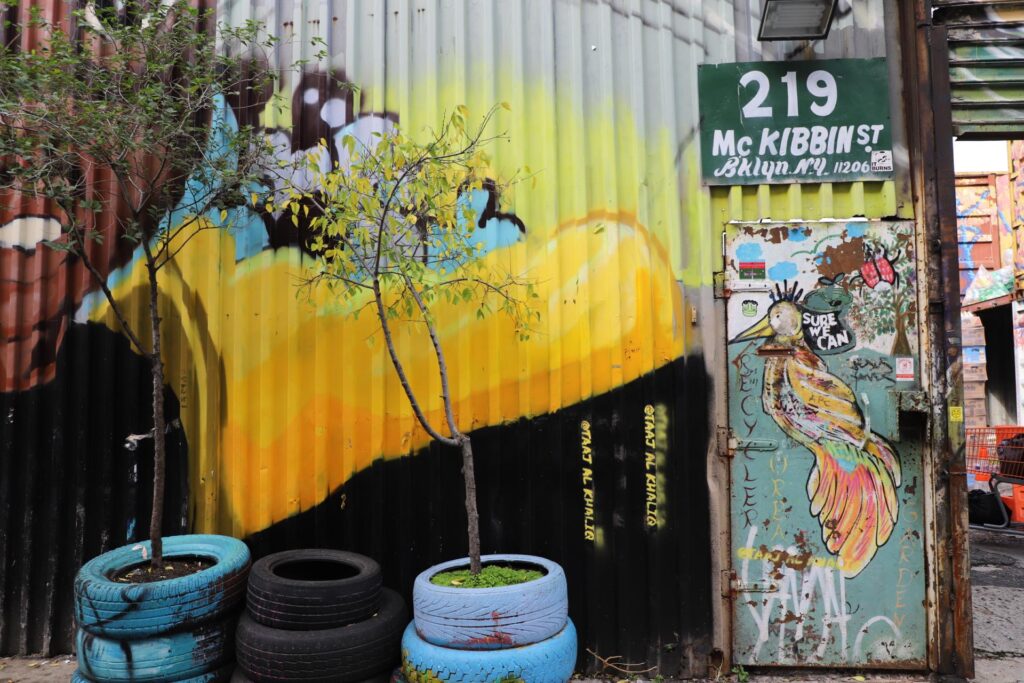
Transformative Collaborations
We increase our impact by partnering with others who value the work of nonprofits and recognize the importance of better supporting the sector to foster strong, vibrant communities.
The Way We Work
NFF is committed to advancing nonprofit resilience, centering community voices, and providing knowledge and solutions that address the full realities of operating a nonprofit, so organizations – and the communities they serve – can thrive.
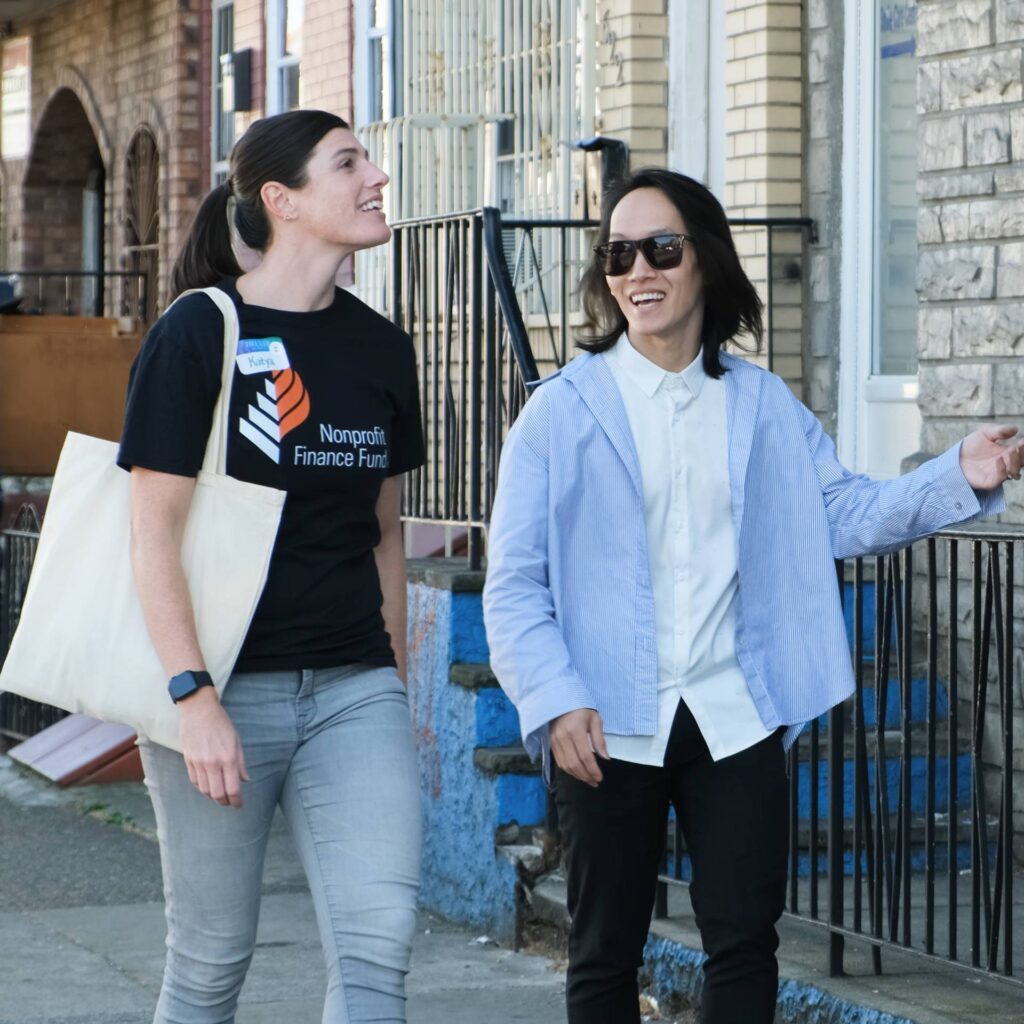
How we show up
Creating positive social change is hard work that requires focus, discipline, and collaboration. Our values guide our decision-making, organize our priorities, and facilitate effective partnerships.
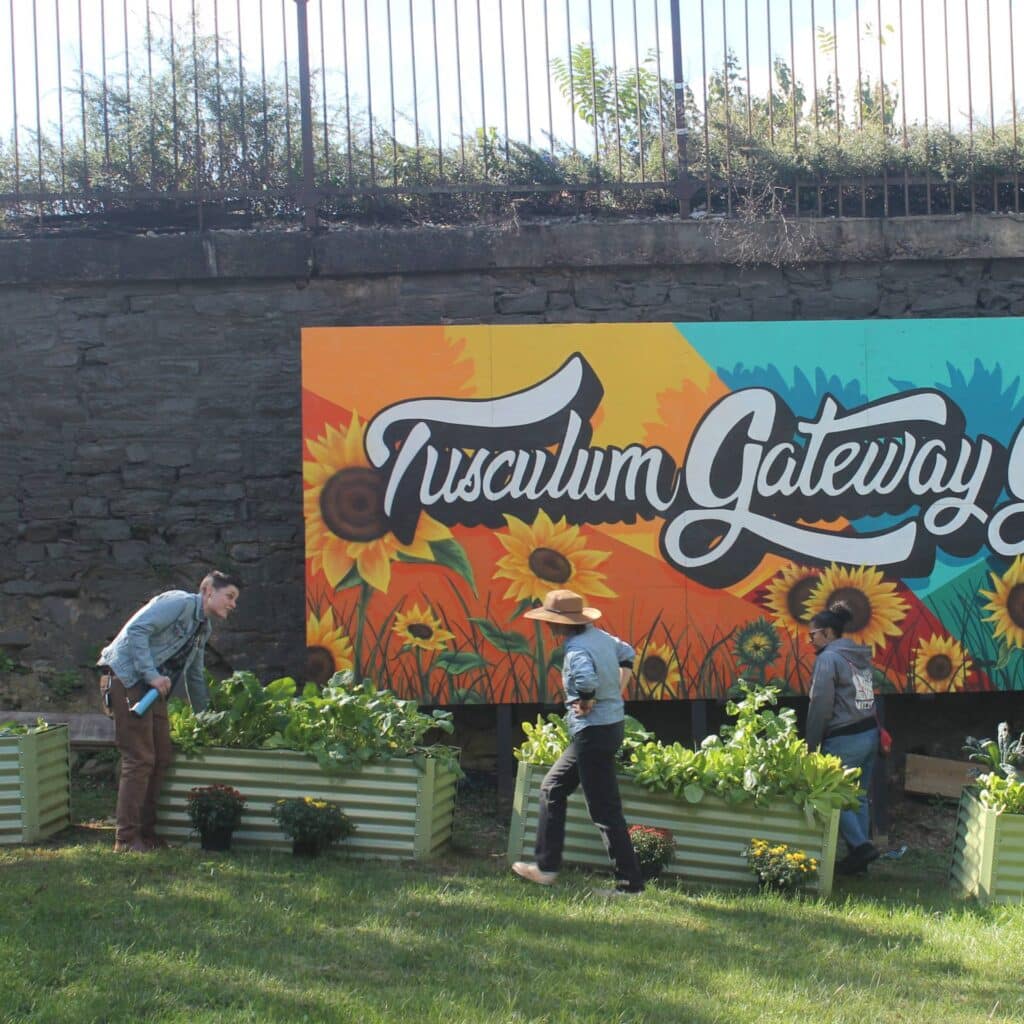
Centering community in everything we do
We listen to and learn from communities’ experiences and engage community partners, ensuring our efforts reflect the needs and aspirations of the nonprofit leaders and communities they serve – an approach rooted in our Theory of Change.
In 2024, NFF deployed $90+ million in new loans across 36 projects in 12 states, and provided nearly 26,000 hours of consulting to 189 nonprofits. Our 2024 lending and consulting clients collectively served 4.3 million individuals and families.